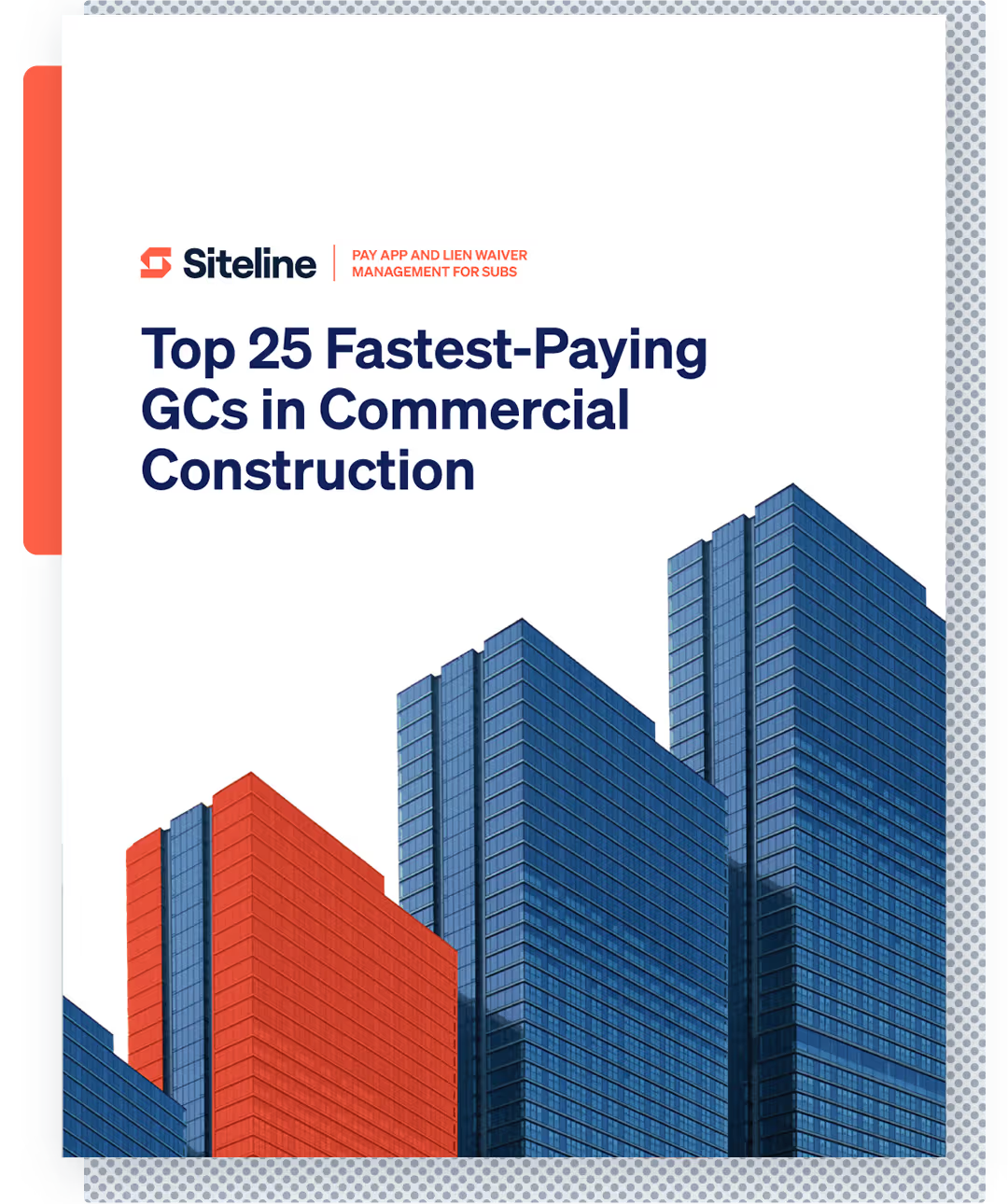
.svg)
IBEW Local 531





IBEW Local 494, officially known as International Brotherhood of Electrical Workers Local 494, was formed in June 1906 and officially chartered on May 11, 1911. Based in Milwaukee, Wisconsin, this labor union has a proud history of advocating for electrical workers across multiple sectors, including construction, manufacturing, municipal services, and maintenance. With approximately 2,300 active members, IBEW Local 494 has worked tirelessly to enhance workplace conditions, promote fair wages, and ensure safety standards within the electrical industry.
From its early days, IBEW Local 494 focused on organizing to empower electrical workers, leading to significant achievements such as the establishment of the eight-hour workday and a 5-½ day workweek through negotiated agreements. Over the years, it has implemented various support programs for its members, including comprehensive apprenticeship initiatives aimed at training the next generation of electricians and sound and communication technicians. Moreover, the local offers continuous education programs to ensure that its members stay skilled and competitive in a constantly evolving industry.
IBEW Local 494 serves not only its members but also the broader communities in several counties, including Milwaukee, Waukesha, Washington, Ozaukee, Fond du Lac, and Sheboygan. Its commitment to improving working conditions and providing stable employment highlights a dedication to enhancing the electrical workforce quality and safety.
As the demand for skilled electricians continues to rise, IBEW Local 494 stands at the forefront, ensuring its members receive livable wages, benefits, and robust representation in negotiations. The union's strategic focus on recruitment and organizing efforts reflects its ongoing mission to provide a powerful collective voice for electrical workers, ensuring that their rights and interests are well represented in the labor market. Celebrating over a century of service, IBEW Local 494 remains a vital institution championing the needs of electrical professionals and setting a standard for excellence in the industry.
Payment applications generally include the application for payment form and a continuation sheet (which includes a schedule of values and change orders). Depending on the situation, you may also include backup documents like materials receipts and invoices, payroll wage reports, and lien waivers.
It's a lot to keep straight, and it's further complicated by most GCs requiring their own custom payment application forms, rather than standard AIA templates. Fortunately, Siteline has more than 8,000 forms from over 6,000 GCs—in our system. Our software streamlines the entire monthly billing workflow, ensuring you submit the perfect pay apps on time, every time, which gets your invoices paid about three weeks faster.Want to see for yourself?
Ready to end the fire drill and get paid faster?


.svg)





